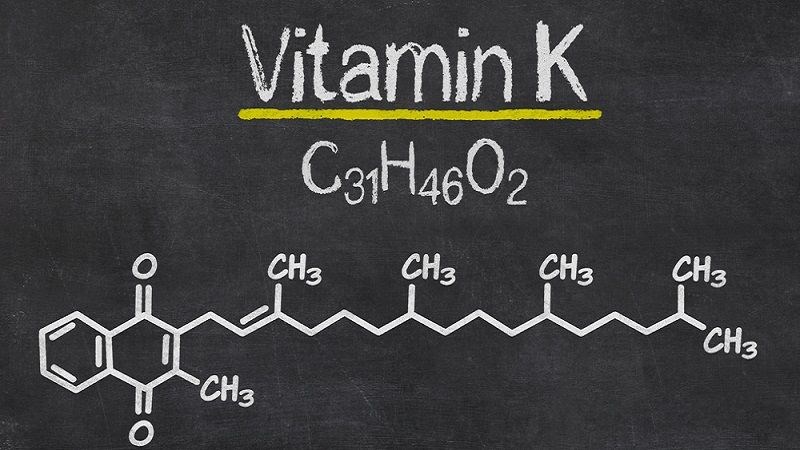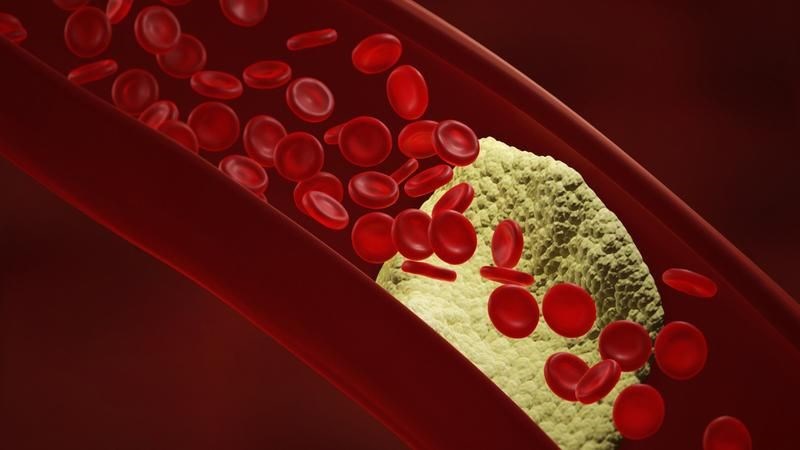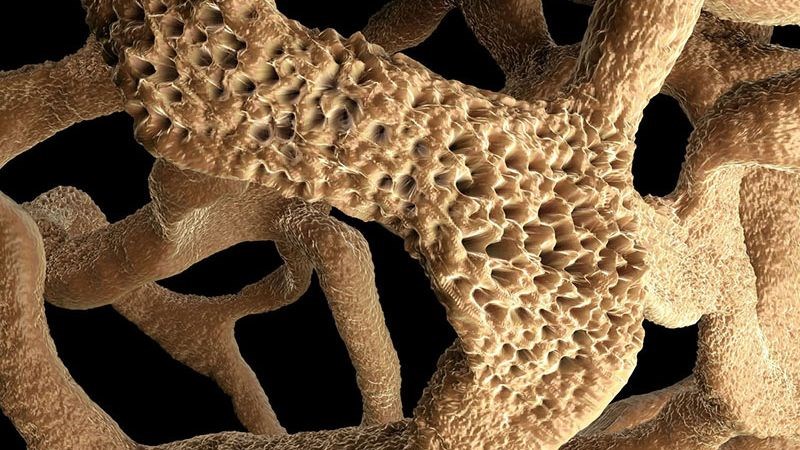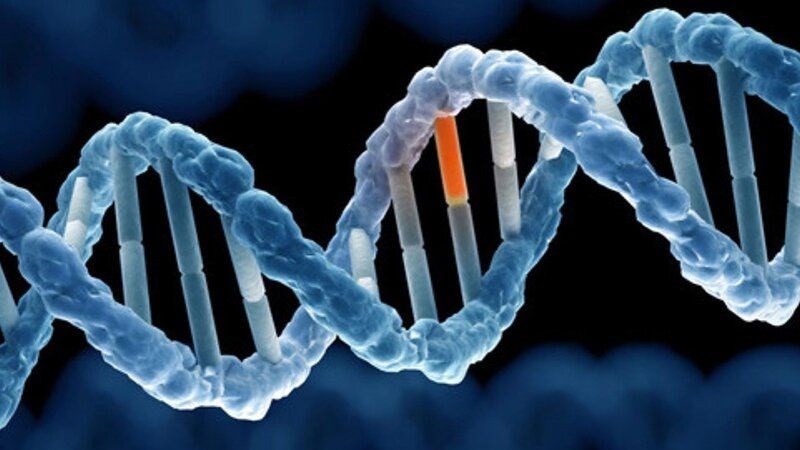What is vitamin K?
Vitamin K is an important component of the liver enzyme system that synthesizes clotting factors such as prothrombin (factor II), factors VII, IX, X, which are a group of fat-soluble vitamins, similar in structure and play an important role in the regulation of blood coagulation, necessary for supporting blood clotting. Vitamin K also supports bone metabolism and calcium metabolism in the vascular system. If the body is deficient in vitamin K, the blood will not be able to clot, leading to bleeding and this can lead to death.
- There are 2 types of natural vitamin K: Vitamin K1 or phylloquinone found in natural foods and vitamin K2 or menaquinone produced by beneficial bacteria in the intestine.
- There are 3 known synthetic forms of vitamin K: vitamins K3, K4, and K5. Although natural vitamins K1 and K2 are non-toxic, the synthetic form K3 (menadione) is toxic
- Vitamin K is commonly found in foods such as: broccoli, spinach, celery, asparagus, cucumbers, basil, olive oil, parsley, cloves, eggs, dried fruits…

Vitamin K plays an important role in blood clotting and bone formation.
Health benefits of vitamin K
Preventing Hemorrhage in Newborns
Low vitamin K levels can cause bleeding, especially in the brain of newborns. Therefore, vitamin K1 supplementation, either orally or by intramuscular injection, can help prevent bleeding problems in newborns.
Helps improve memory
In one study, healthy people over 70 with high blood levels of vitamin K had better episodic verbal memory than those with lower levels of this vitamin.
Another study by the Alzheimer’s Foundation, “Vitamin K reduces the death of nerve cells by protecting nerves from harmful substances in the brain, and people with the gene that causes Alzheimer’s disease also have a lower ability to produce vitamin K during metabolism.” Therefore, vitamin K supplementation has been shown to help improve memory in older adults.

Vitamin K has been shown to improve memory in the elderly.
Helps improve insulin resistance in people with diabetes
In a randomized double-blind trial of 355 patients, vitamin K was shown to reduce the progression of insulin resistance in people with diabetes. In addition, vitamin K also increased levels of adiponectin – a hormone that plays an important role in glucose metabolism.
Helps prevent vascular calcification
Many studies have shown that vitamin K can help prevent vascular calcification, especially in patients who are taking anticoagulants. The results have shown that high dietary vitamin K2 intake is associated with reduced coronary artery calcification. Therefore, vitamin K supplementation is important for preventing cardiovascular disease

Vitamin K2 helps reduce vascular calcification
Reduces the risk of stroke
Vitamin K stabilizes blood pressure by preventing the progression of thickening and hardening of the arteries, thereby reducing blood pressure. High blood pressure is one of the causes of stroke. Therefore, vitamin K supplementation has been shown to reduce the risk of stroke.
Preventing Osteoporosis
Vitamin K supplementation may improve bone health and reduce the risk of osteoporosis in older adults by activating certain proteins involved in bone formation. Poor dietary intake of vitamin K has been associated with increased bone loss and fractures, but more research is needed to confirm this effect.

Vitamin K helps prevent osteoporosis in the elderly
Preventing Cancer Development
Vitamin K2 has been shown to inhibit the growth of human cancer cell lines including liver tumors as well as to treat myelodysplastic syndrome.
Two trials have shown that vitamin K2 supplementation at 45 mg/day can reduce the development of hepatocellular carcinoma (HCC) in patients with cirrhosis and reduce the recurrence of HCC in patients after treatment for HCC.

Vitamin K inhibits the growth of liver tumors and treats myelodysplastic syndromes.
Improving Osteoporosis in Dialysis Patients
Some studies have shown that vitamin K2 may help improve osteoporosis in dialysis patients with low serum parathyroid hormone levels. Research has shown that supplementing with at least 200 mcg of menaquinone-7 per day can help prevent osteoporosis.

Vitamin K2 improves osteoporosis in some dialysis patients
Stabilizing Warfarin Clotting Time
According to a new clinical trial, people taking the blood thinner warfarin should supplement their diet with vitamin K. In a study lasting more than two months, 50% of study participants who increased their vitamin K intake were able to maintain more stable anticoagulant levels than 20% of those who supplemented their diets.

Vitamin K supplementation helps stabilize the anticoagulant time of Warfarin
How to use vitamin K properly and effectively
Currently, there is not enough research to determine the maximum safe level of vitamin K in the daily diet. Therefore, below are recommendations for the amount of vitamin K needed daily to supplement the body:
- Infants 0 – 6 months: 2 mcg.
- Infants 7 – 12 months: 2.5 mcg.
- Children 1 – 3 years old: 30 mcg.
- Children 4 – 8 years old: 55 mcg.
- Children 9 – 13 years old: 60 mcg.
- Adolescents 14 – 18 years old: 75 mcg.
- Men over 19 years old: 120 mcg.
- Women over 19 years old (including pregnant and breastfeeding women): 90 mcg
Common side effects of vitamin K
Intake of high amounts of vitamin K is not generally considered harmful. However, taking too much vitamin K can still cause some of the following side effects:
- Jaundice: Vitamin K is stored in the liver. Taking in large amounts of vitamin K makes it impossible for the liver to metabolize and excrete it, increasing jaundice.
- Loss of appetite, paleness: Vitamin K is usually absorbed in the small intestine and changes in dosage can affect the digestive process, leading to loss of appetite.
- Difficulty breathing: Some people may have allergic reactions to foods or supplements containing vitamin K such as broccoli, lettuce, soybean oil, leading to symptoms such as difficulty breathing, rash, nausea.
- Irritability: Taking vitamin K and warfarin can cause stress in some people

Excess vitamin K can cause jaundice
Foods rich in vitamin K
Vitamin K1 is mainly found in green leafy vegetables, beans and some berries such as oranges, lemons, tangerines, raspberries, etc. Foods containing vitamin K2 include eggs, beef and animal liver. In addition, vitamin K is also found in some supplements.
Note when using vitamin K
Inform your doctor if you have a history of blood clotting disorders, liver, kidney, diabetes or are pregnant. If you experience any side effects when using vitamin K, go to the nearest medical facility for timely examination and treatment.
Before using vitamin K, check the ingredients of the drug to make sure you are not allergic to any of the ingredients
The above article has provided an overview of the effects, uses, side effects of vitamin K as well as foods rich in vitamin K. Hopefully you have more knowledge about this important vitamin for the body!





